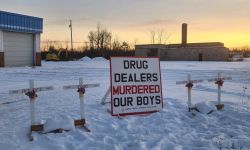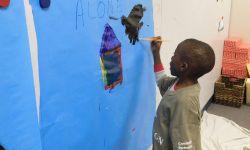How grieving survivors help shape Michigan drug policy
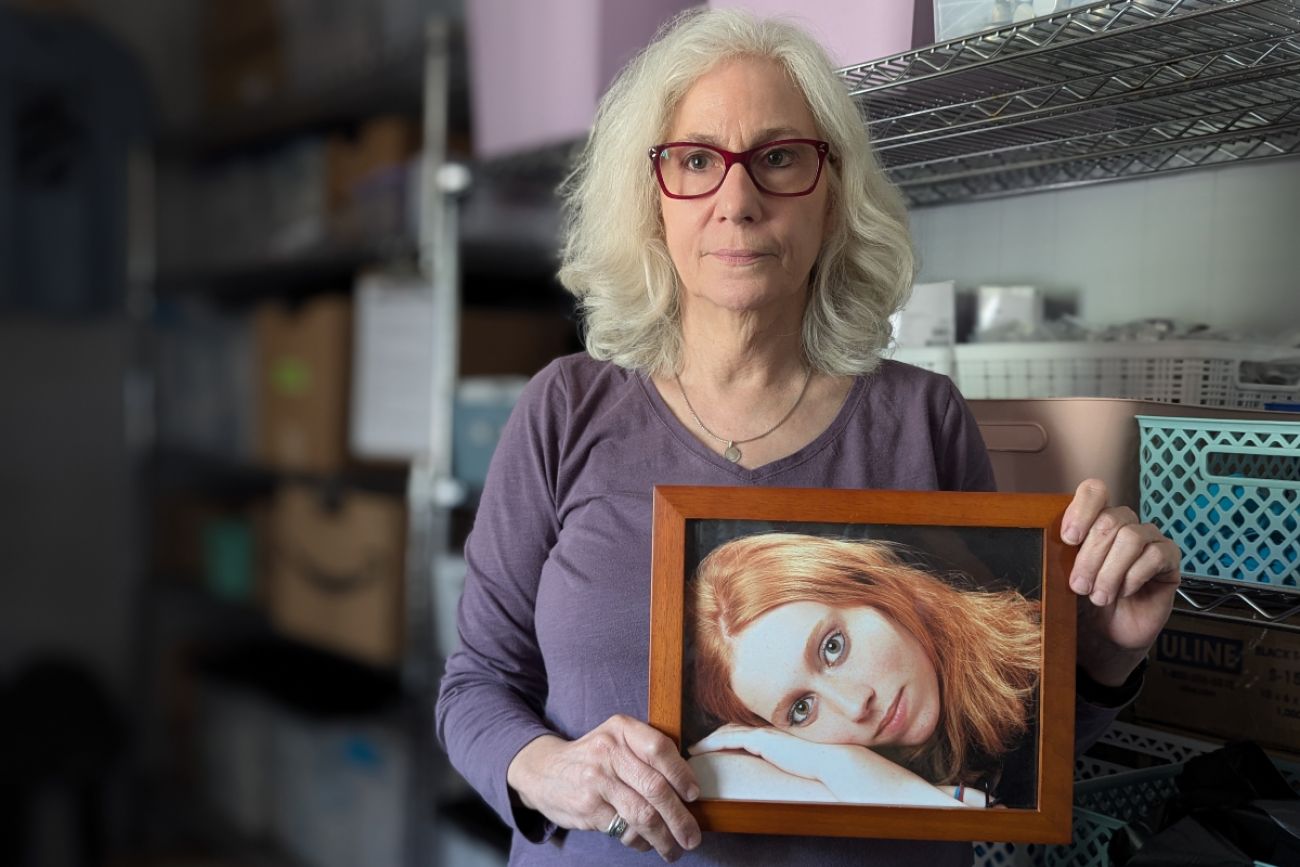
- In Michigan’s fight against drugs and addiction, grief and loss can drive policy
- But loved ones often struggle: Do they share their story?
- With purpose, ‘happiness is coming’ even after great loss, says one father.
Nancy King had been doing laundry when the call came. She was in the bedroom of her Kalamazoo home:
“Are you sitting down?”
Dr. Cara Poland had strung Christmas lights and wrapped the presents at her Boston home. When her younger brother didn’t answer her calls, she knew:
“Max is dead.”
The call for Greg Swan came just after midnight at his West Bloomfield home. His son Jack was on the other end:
“Dad? … Drew’s dead.”
Over the last decade, drug overdoses have killed more than 25,000 Michiganders. For those who answer the phone or open the door to a set of police officers, there are words that fracture life into the “before” and “after.”
“You put up your middle finger and you start sending F-bombs to God, that’s what you do,” said Swan, whose son Drew — an Abercrombie model with a 160 IQ, his dad notes — died of fentanyl overdose at his Florida home.
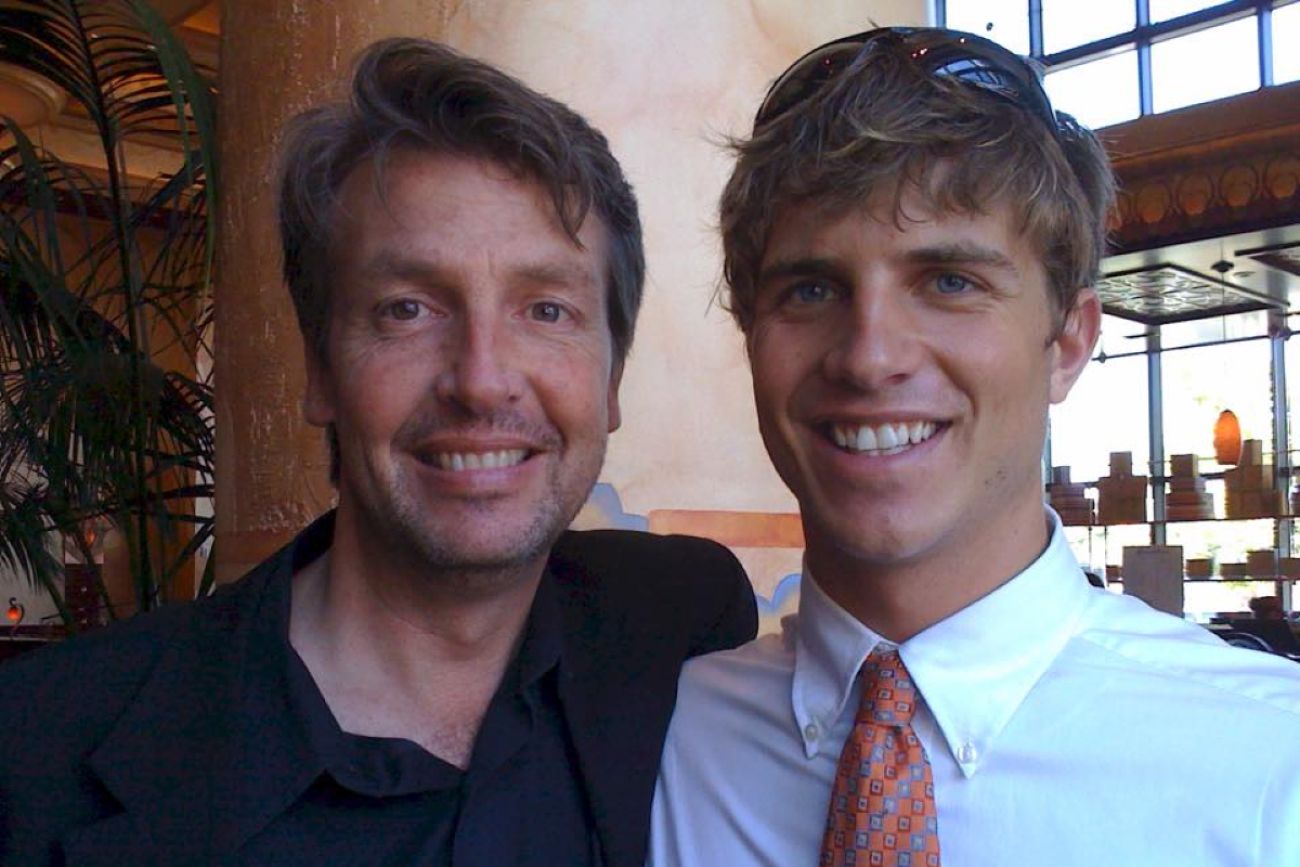
Now, as Michigan plots out its fight against drugs — using $1.6 billion in settlement funds from a lawsuit against opioid manufacturers and distributors — those who fight the hardest for change are often those who have lost the most.
There’s “a different fire” in their fight,” said Poland, the chair of the state’s Opioid Advisory Committee, a role in which she has publicly criticized the state’s health department over its handling of funds.
“People who come from this want to do anything they can so other families don’t suffer,” she said.
Theirs is a grief that distills into the grit and resolve essential for dinner-interrupting phone calls, middle-of-the-night texts, endless emails, tedious meetings, and bash-your-head-against-wall battles with bureaucracy.
Poland also heads MI CARES, a program that has trained more than 1,000 Michigan doctors and other health care professionals in substance use disorders. Her efforts helping pregnant women with substance use disorders have been featured in the New York Times. She wrote about Max in the Journal of the American Medical Association. This year, she taped a TEDx talk about addiction and healing.
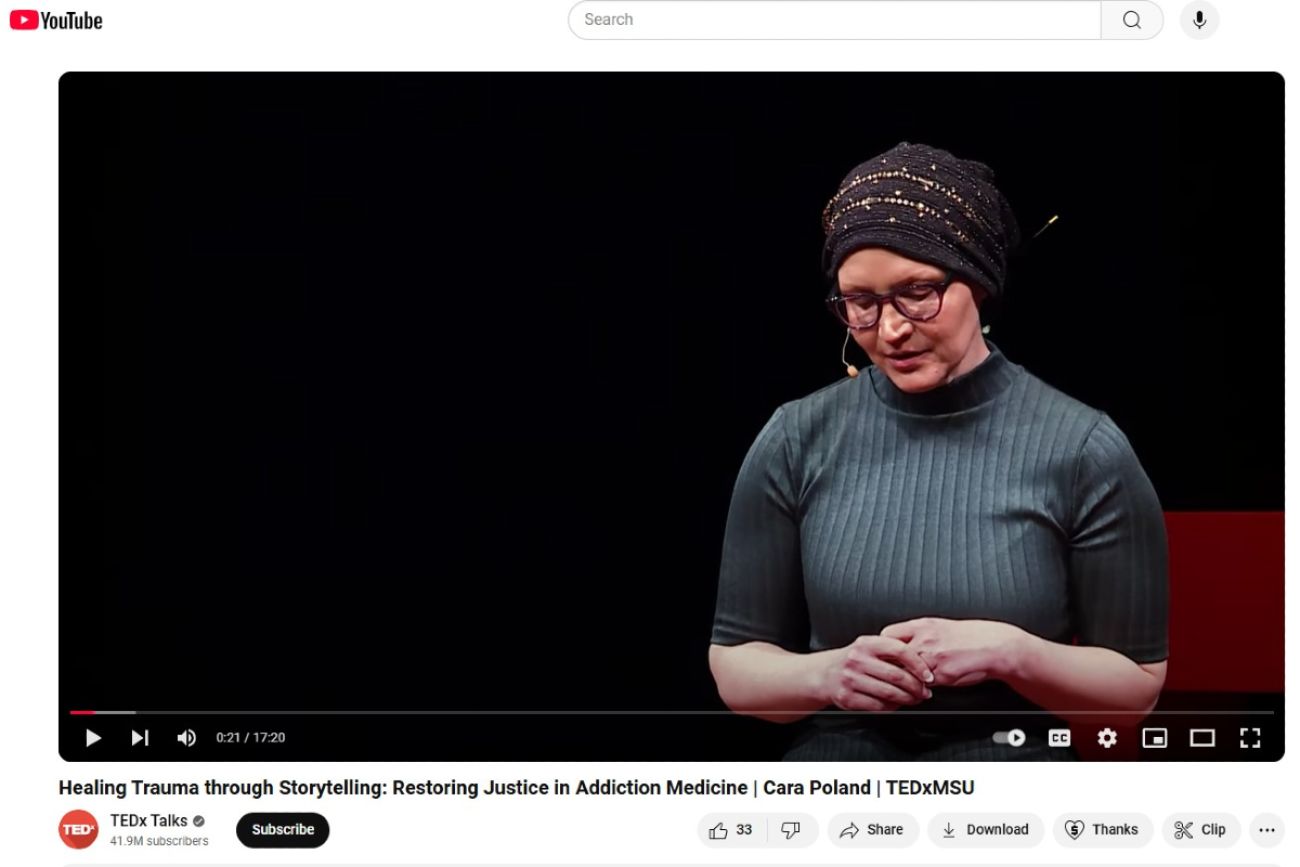
But in private moments each morning, Poland is greeted by a picture of her brother on her bathroom counter, alongside a bowl of seashells they collected as children on family vacations.
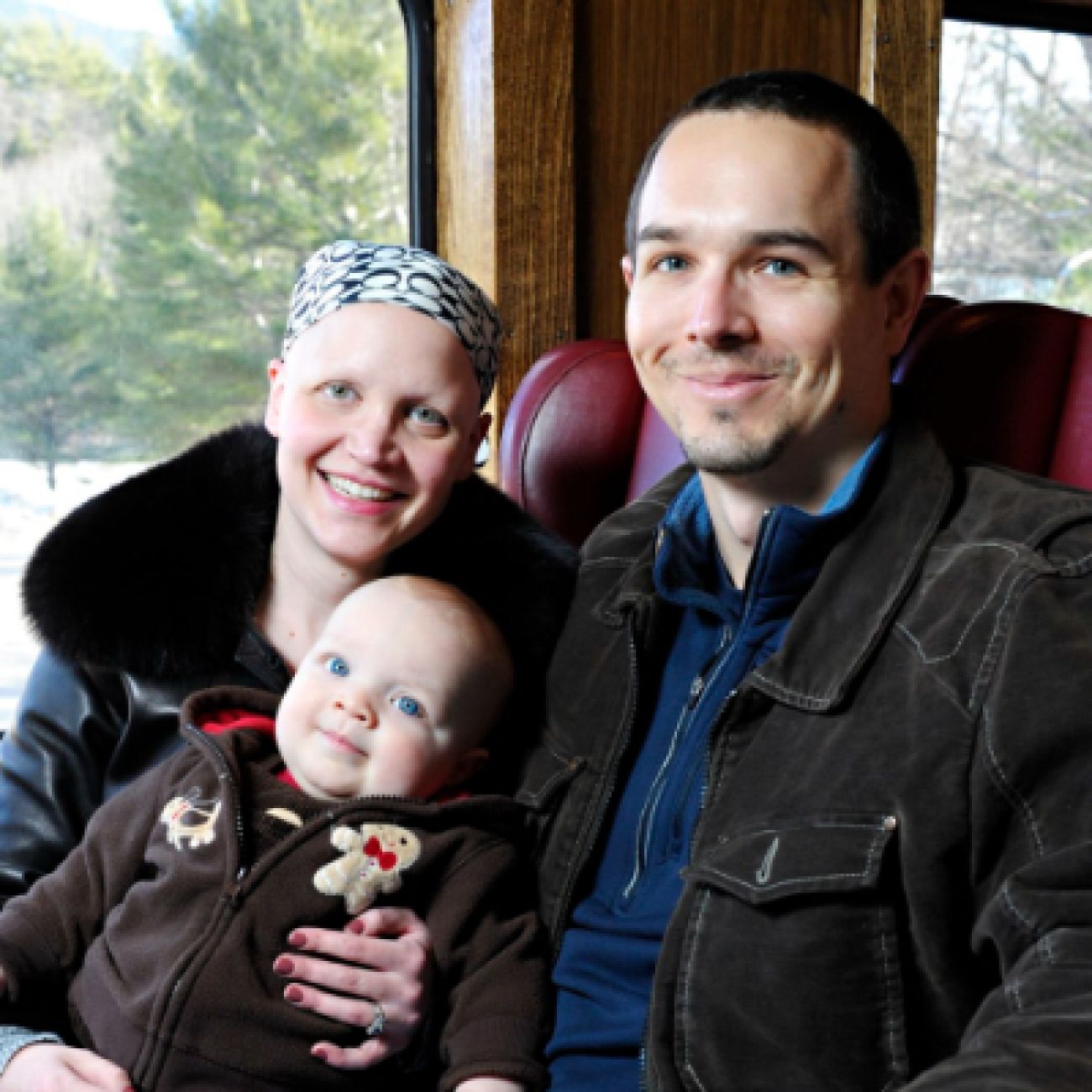
Max Kircos — a boy she cheered at football games and who went to law school — died by suicide at 24, after years of depression and substance abuse disorder.
Those who work in this space face a painful incongruity, too.
Hard choices
It’s “tricky,” said Jonathan Stoltman, who was already working in substance abuse policy when his cousin died in an overdose.
Stoltman, the founder of the national Opioid Policy Institute, based in Grand Rapids, doesn’t always share what happened to his cousin when he’s pushing for policy change.
RELATED:
- Read Bridge’s ongoing coverage on how opioid settlement funds are being used — or saved — to tackle Michigan's drug crisis
- The ‘day of death’: How a mystery drug, spate of ODs changed west Michigan
- Team of scientific sleuths helps sound alert on Michigan's killer drugs
Listeners can get “blinded by the family story,” he said. “Sometimes it detracts from your expertise. You become — not the expert — but just a family member. It’s not always the story we want run.”
But for others, the stories offer an authenticity that degrees and research and titles don’t carry.
‘A fire underneath me’
“There was so much pain, but I wouldn’t give that pain back. It gives me purpose,” said Tara Bijarro, 48.
A former user and dealer, Bijarro was in recovery herself when her sister arrived at her Monroe home in July 2022. The sisters’ brother, Patrick Hoffman, 38, had died of an overdose in a motel room.
“I just dropped to my knees,” Bijarro said.
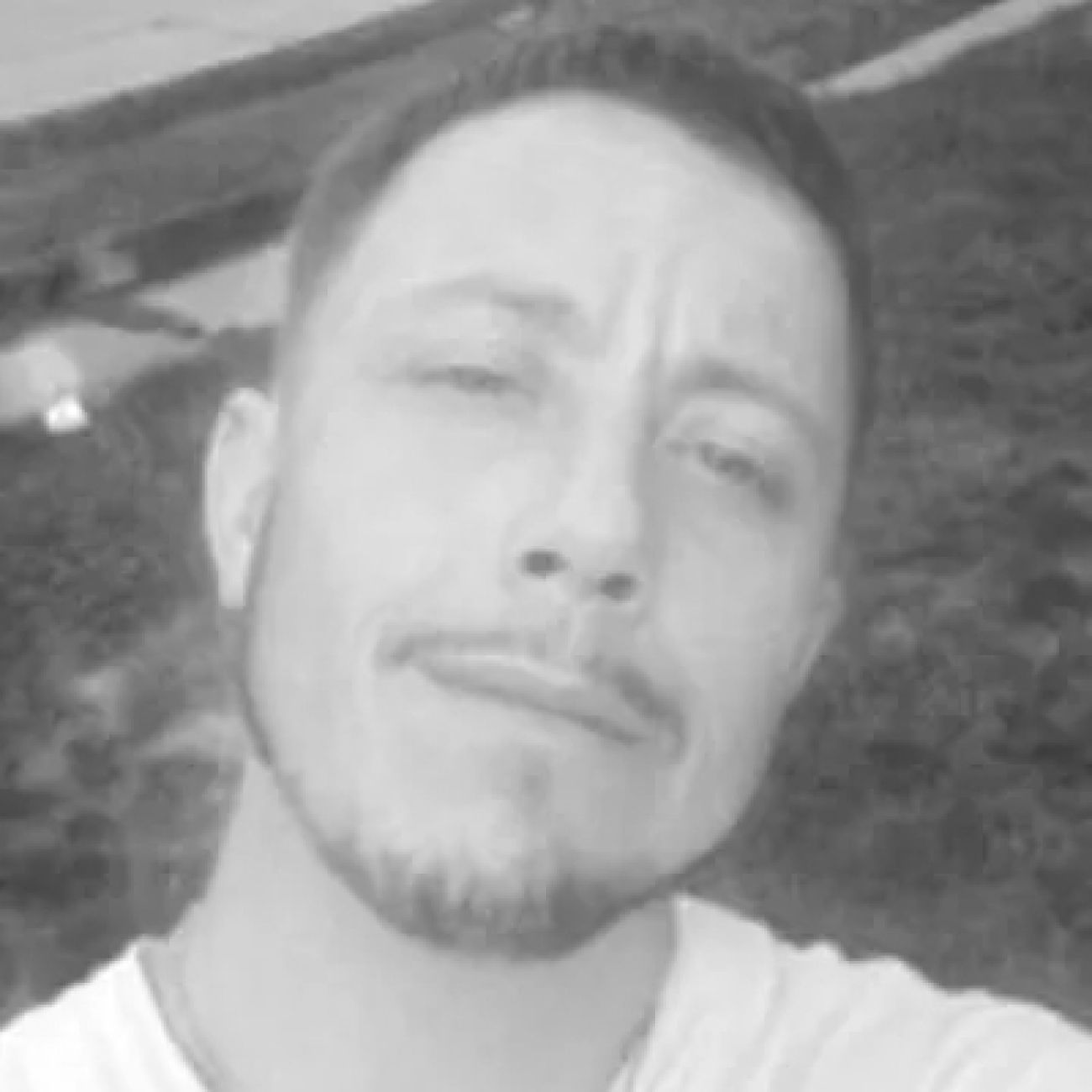
Bijarro had overdosed herself multiple times. She’d lost her home, her marriage and — for a time — her children.
Now a certified peer recovery specialist at Oaks of Righteousness in Monroe, the mother of two is on call 24 hours, talking people through their worst moments in the dead of night, offering rides to support meetings and doctor’s appointments, and delivering Narcan, clean needles, sleeping bags, and sometimes meals.
Yeah, it’s hard, she said, laughing: “I don’t have a clock-out time.”
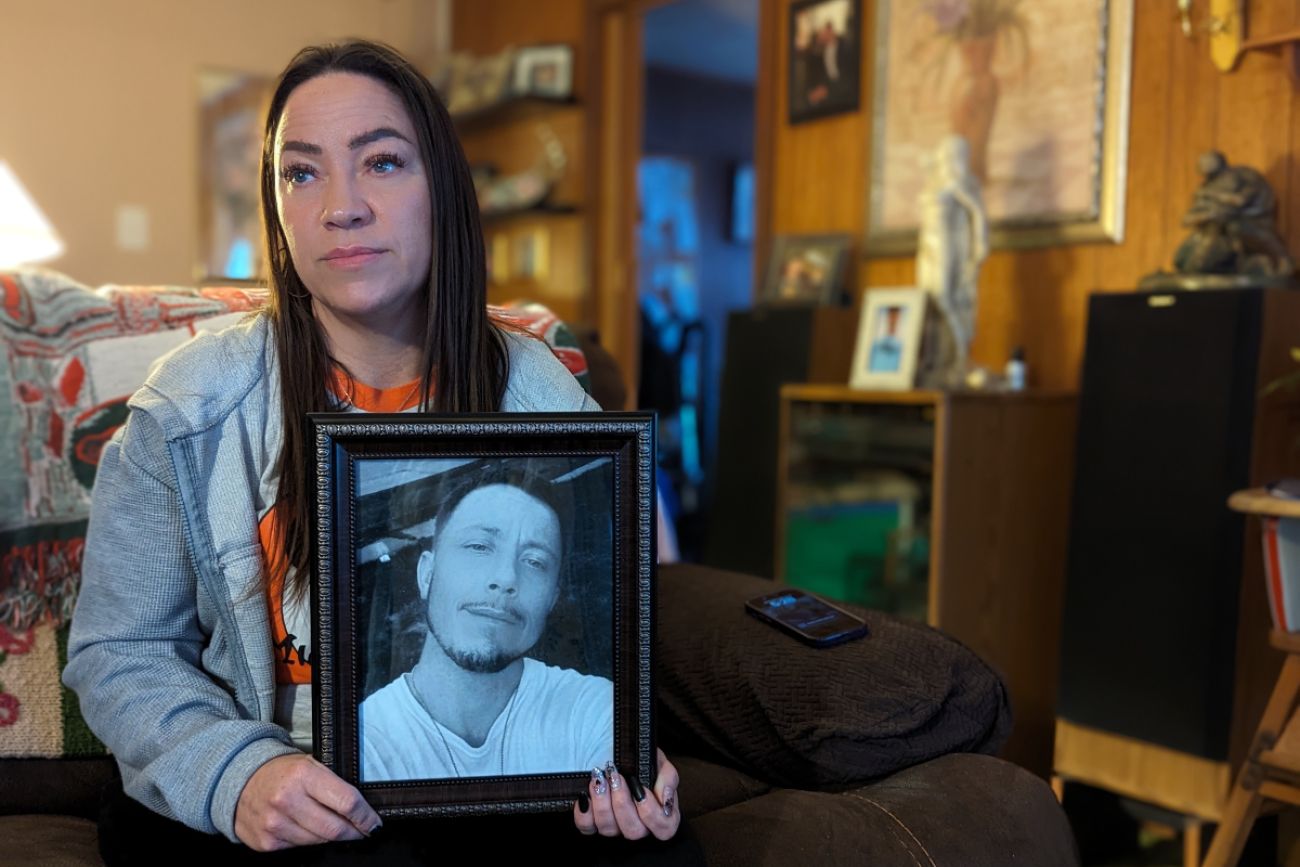
But for now, she can’t imagine doing anything else either.
“I want to be that hope for people,” she said. “I don’t know if I can explain it. It’s a fire underneath me.”
It’s crucial that the public see real people reclaiming their lives in recovery and hear about the real people who have struggled and lost, said Poland, the addiction medicine doctor.
Before she publicly talked about Max, her brother, she said, those who attended her trainings on addiction “would focus on these victims as bad people.” They did not see the chronic substance use disorder they fought.
‘This is why you should care’
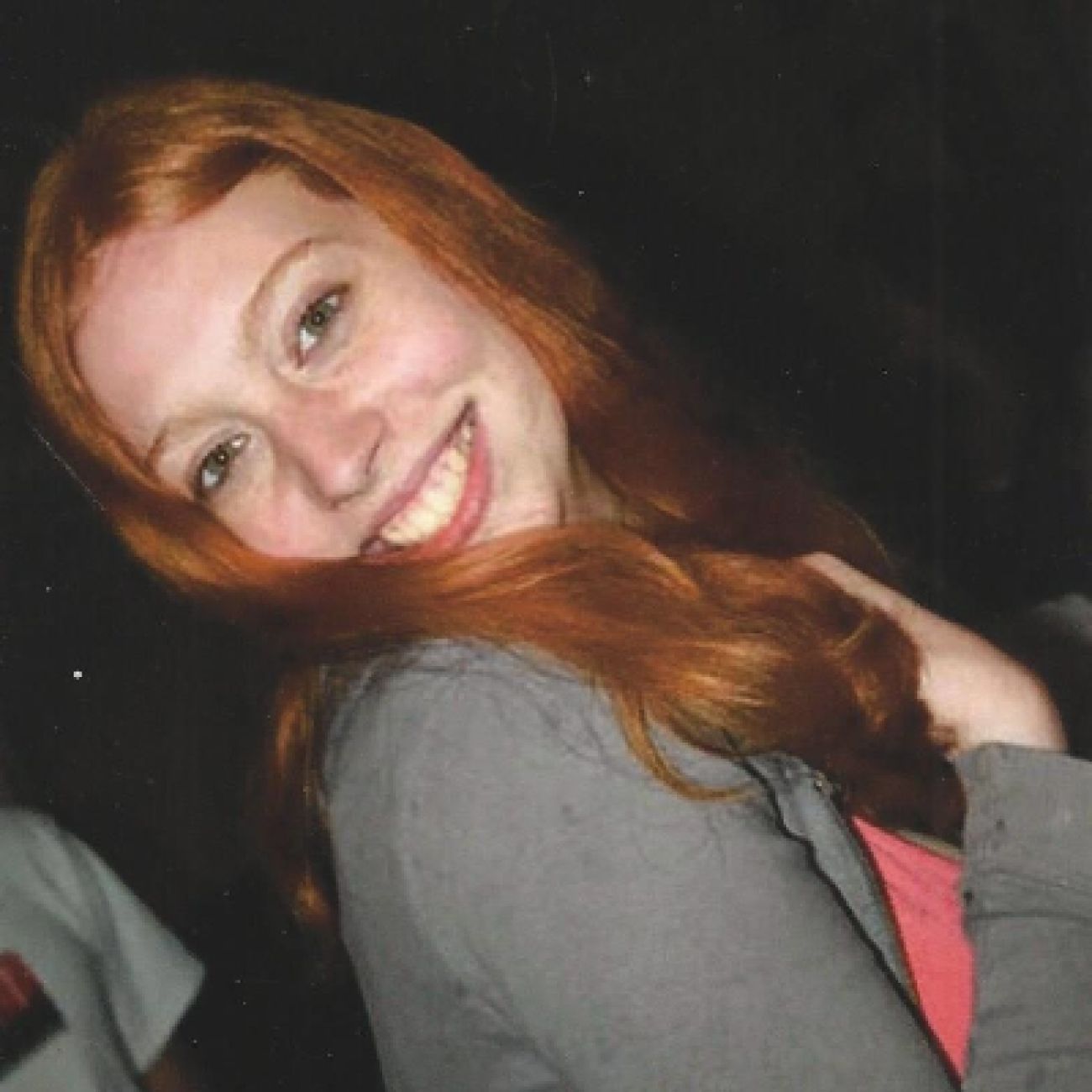
In Kalamazoo, it’s why Nancy King brings a picture of her daughter, Marissa, when she offers training on Narcan or speaks to people who are still using or in treatment and recovery, she said.
She established COPE Network in Kalamazoo in 2016 after Marissa died of a heroin overdose. Finding her body, Marissa’s boyfriend took his own life next to her.
King wants people to know that Marissa was an artistic, compassionate young woman with a flair for design and writing, but battled depression for years. She understands that many others, like Marissa, use drugs to numb pain. To escape trauma. To keep the sheer misery of withdrawal at bay.
Just inside COPE’s front door, Marissa’s picture sits alongside photos of others who have died of overdoses, where King and staff these days conduct Narcan (naloxone) trainings, operate a needle exchange program, and host support meetings.
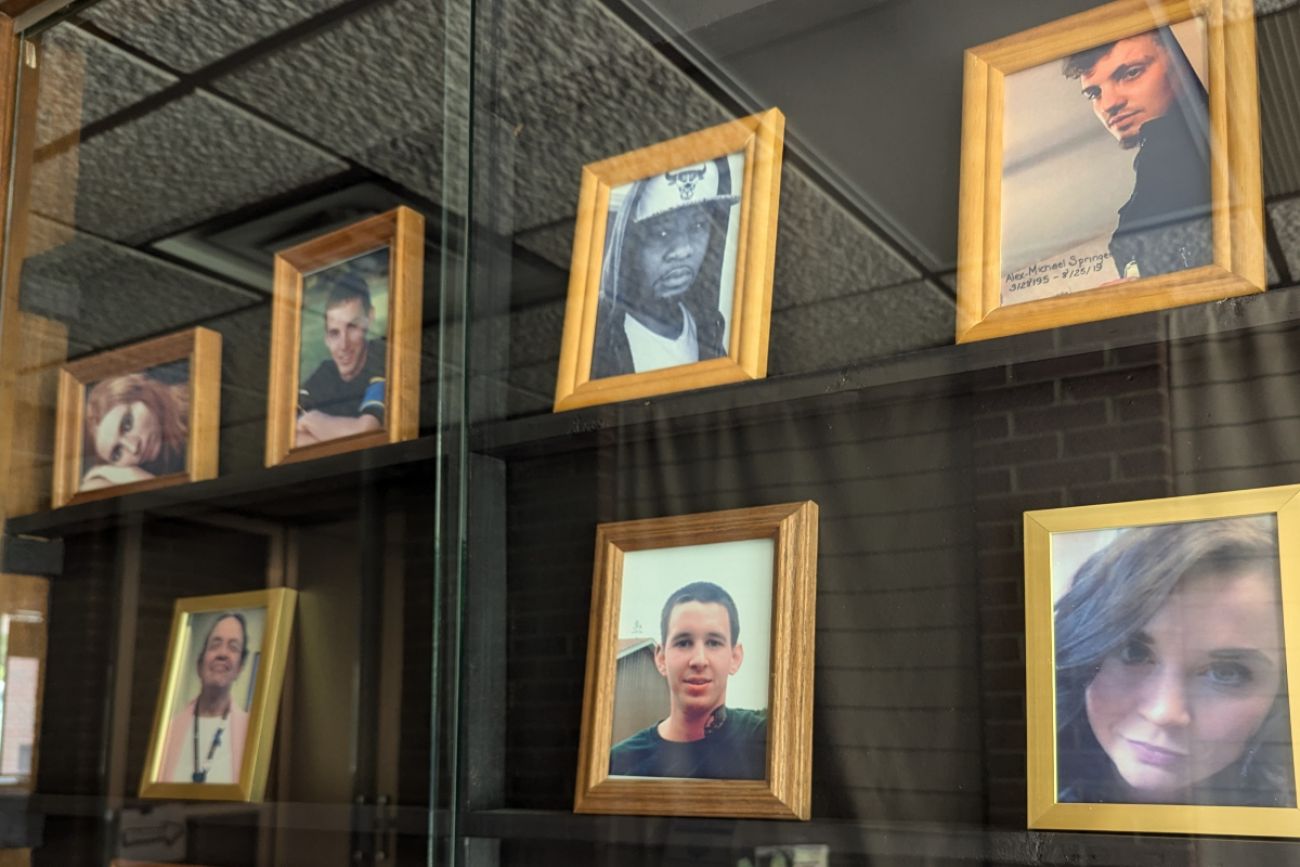
“I want you to see the face of the person who died and her mother who says ‘This is why you should care,’ and ‘I hope the best for you and I want you to stay alive,’” King 66, told Bridge.
Those words, she said, at times seem so startling to long-time users that there are sudden tears, King said.
“They’ve always been shamed, even as they’re just trying to survive,” she said.
It’s a first step in building trust. When they are ready for recovery, King wants them to know they can turn to her and others for help.
COPE was perfectly positioned in April 2023, to respond to a cluster of deadly overdoses that occurred in just over a day in and around Kalamazoo. Within hours, staff was readying supplies — primarily Narcan used to reverse overdoses — for distribution across the city.
“You don’t sit around talking about needing to do that. You do it,” she said.
Daring to help, hope
For his part, Greg Swan — a deeply religious man — at first raged against the world and God after the middle-of-the-night call about Drew’s overdose.
“The first thing I said to God — I said, ‘We're breaking up. You're done. Your usefulness to me has expired. It's official. Get lost.”
These days, Swan leads Fentanyl Fathers in deploying parents whose sons and daughters have died into high schools, where they tell students about fentanyl, about their own children and about Narcan.
Swan often appears at the high schools with his son Jack to talk about Drew. Time doesn’t make it easier, but it does bring strength, he said.
“You know, we're not going to take down the drug cartels or something,” he said.
But saving another kid from an overdose? He can do that. And he can warn parents about fentanyl and help grieving mothers and fathers name their dead child to strangers — and reveal their grief, said Swan.
“Life can be bad. I mean, it can really suck,” he said, “but happiness is coming if you can still find purpose in it.”
See what new members are saying about why they donated to Bridge Michigan:
- “In order for this information to be accurate and unbiased it must be underwritten by its readers, not by special interests.” - Larry S.
- “Not many other media sources report on the topics Bridge does.” - Susan B.
- “Your journalism is outstanding and rare these days.” - Mark S.
If you want to ensure the future of nonpartisan, nonprofit Michigan journalism, please become a member today. You, too, will be asked why you donated and maybe we'll feature your quote next time!


